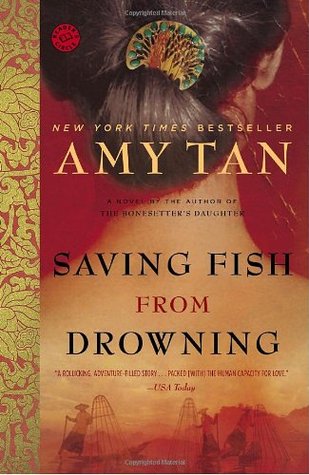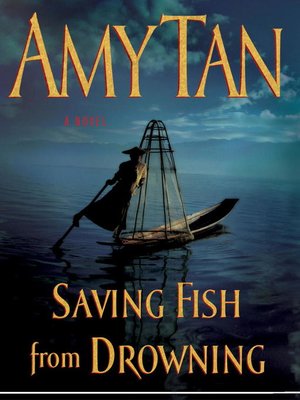
Behind all the slapstick stuff - travelers falling for and out with each other tummy-upsets cured by a hypochondriac's copious medical supplies a rebellious tribe mistaking a teenage slacker who's mastered a few card tricks for their saviour a newly-discovered genus of massively phallic aphrodisiac plant, and so on - lurk some sombre concerns.

It's a cute opening device (one with a long pedigree), designed to tickle the reader's sense of the troubling and permeable boundaries between truth and fiction, between life and death and beginning, middle and end, and to alert us to the playful-yet-melodramatically-serious nature of the story to follow.

But she's a resourceful soul and eventually works out how to exert her influence from beyond the grave. Whilst the afterlife confers omniscience - terribly handy for a narrator, especially in a novel featuring so many characters - it deprives Bibi of most of her abilities to intervene when things go wrong: a fact of death she finds intensely frustrating. Prevented by her untimely death from leading the tour in person, Bibi is still able to join it in spirit to relate, explain and comment on everything that happens.

But, in choosing a replacement leader who, though sweetly well-meaning, is neurotic and ill-prepared and then - in the search for greater authenticity - tearing up Bibi's itinerary, they set the scene for disaster. As a tribute to Bibi (also they've paid and there's a problem with the insurance), her friends decide to make the trip. Unfortunately, two weeks before they're due to leave, she dies a bloody and mysterious death. Bibi Chen, wealthy socialite, proprietor of The Immortals - a chic San Francisco shop selling Oriental artefacts - and prodigious donor to causes artistic, has arranged to lead twelve of her friends on an expedition to China and Burma to explore Buddhist art.



 0 kommentar(er)
0 kommentar(er)
